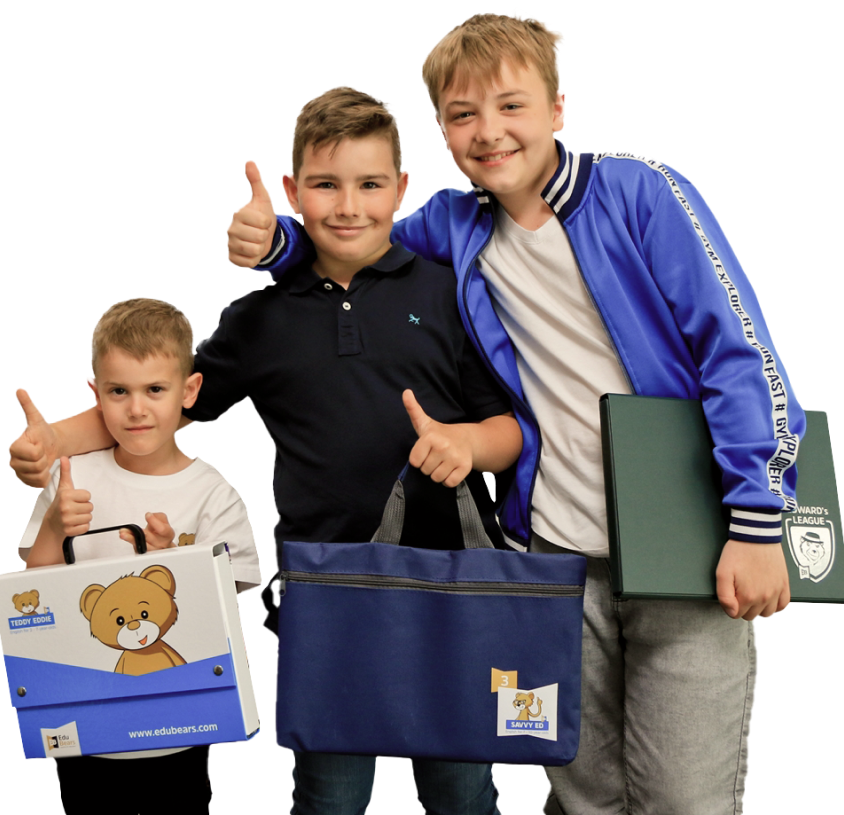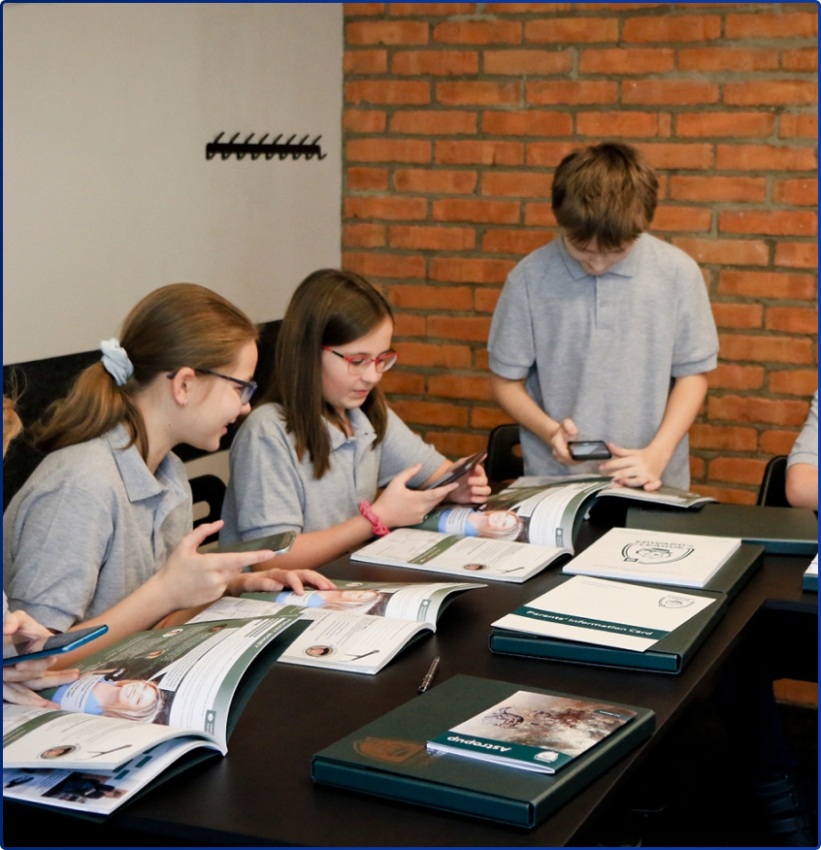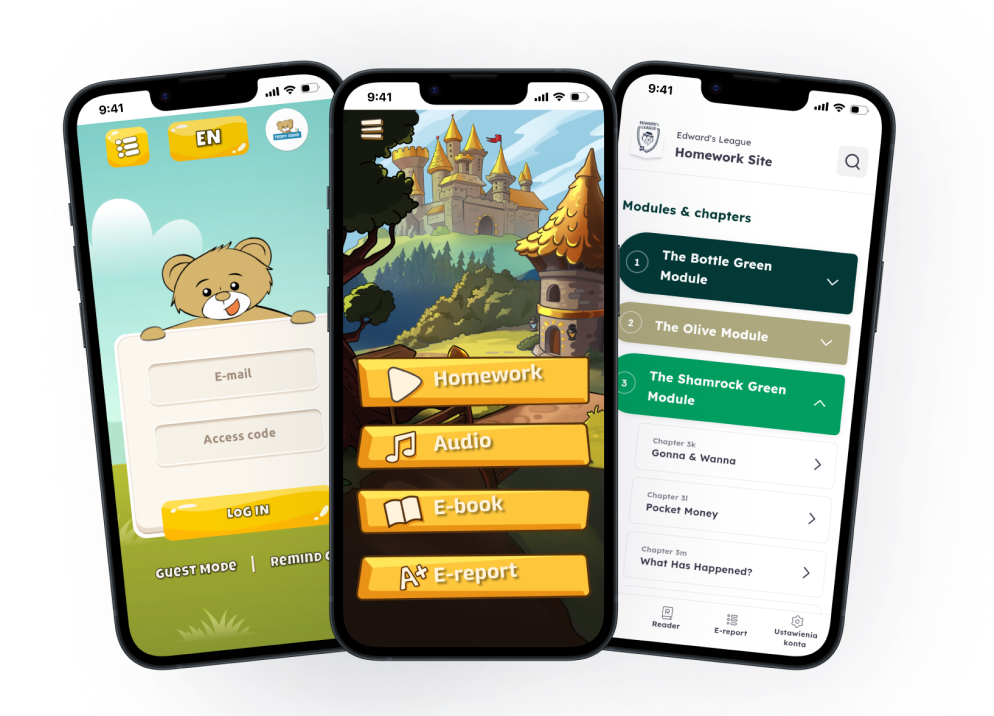Teddy Eddie Superhero
The level for first graders. At this level, little learners focus on speaking in full sentences. They master a wide range of words, sentences and phrases, and it's likely they will begin to use them spontaneously, not just in the classroom. In addition, they learn how to function in their class environment in English, which helps them to become more comfortable with using the language in everyday situations. This early foundation sets the stage for continued language development as they progress.
Find out more








